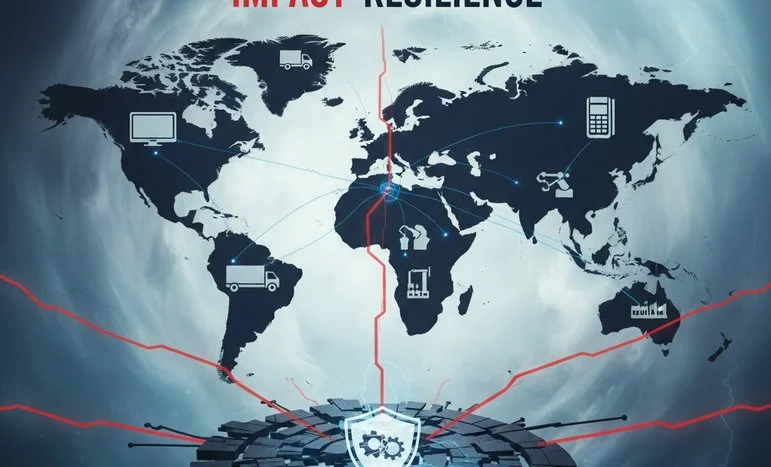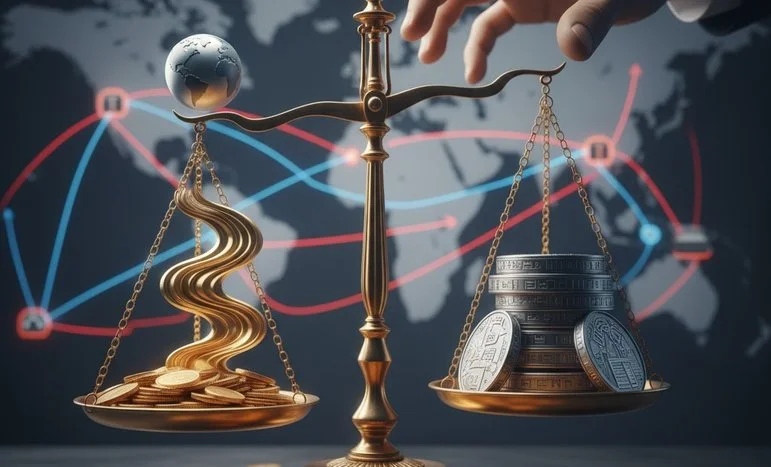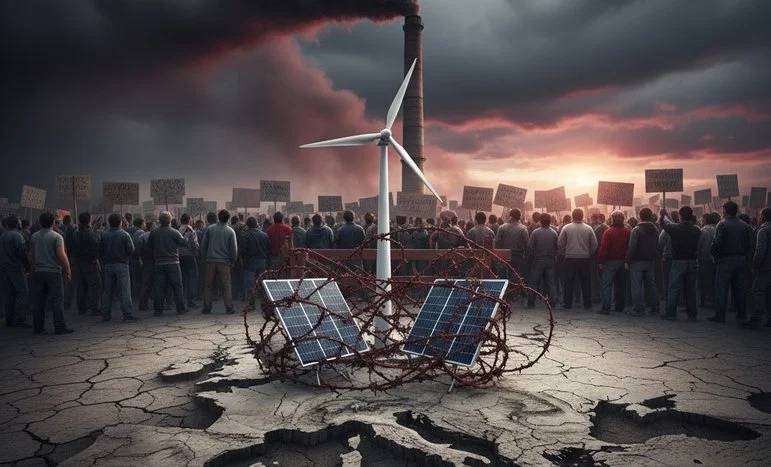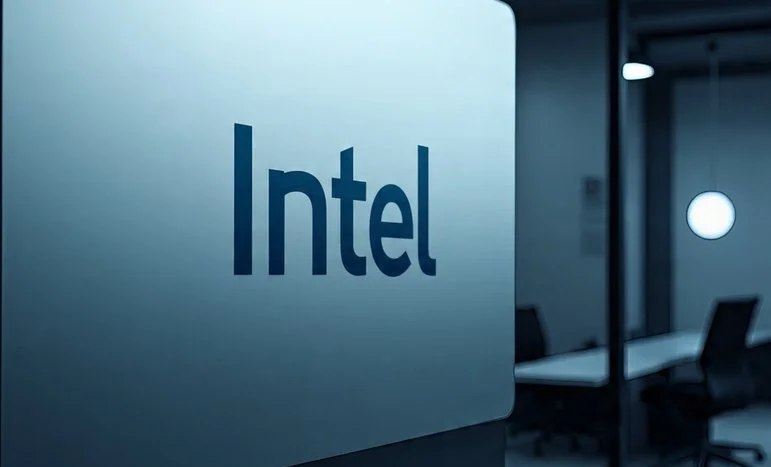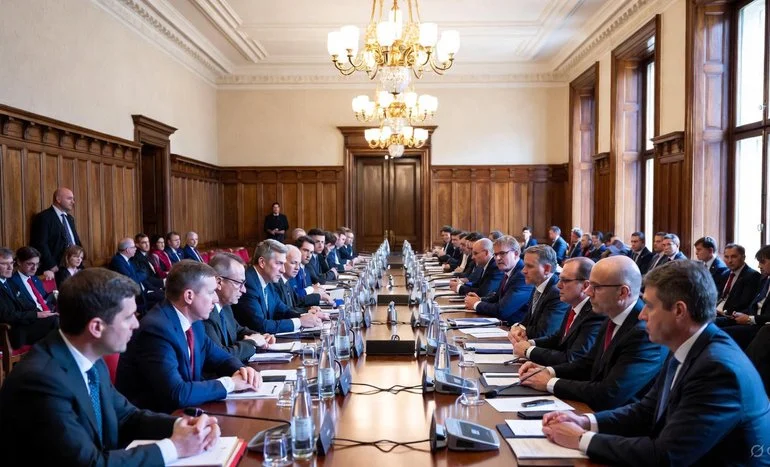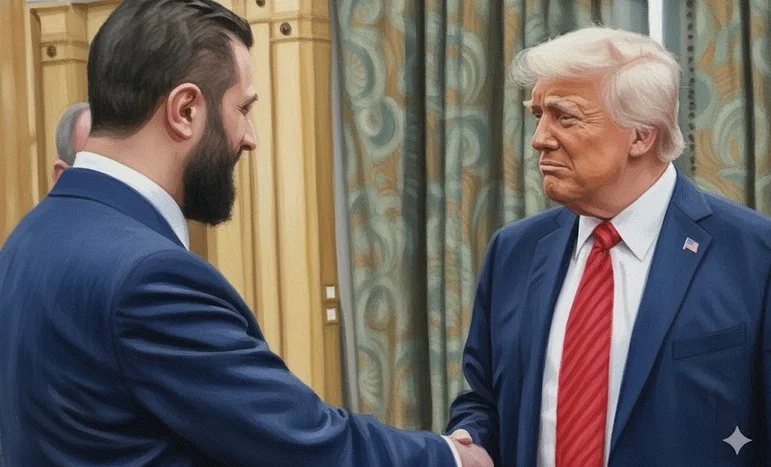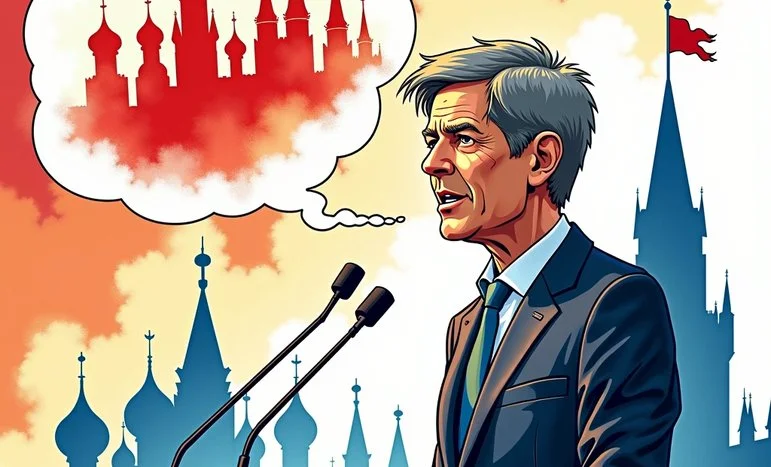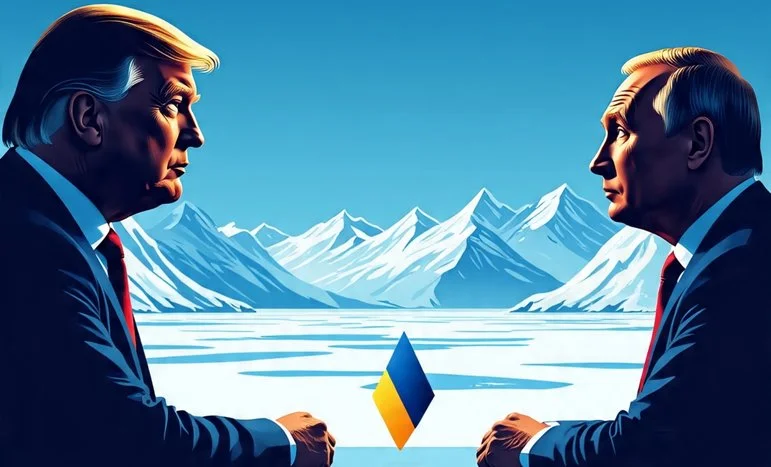
H-1B Visa and Labor Debates Intensify Amid Global Tech Shifts
Introduction
The debate over H-1B visas, deportations, and the U.S. construction labor shortage has reignited political and economic tensions across the country. The issue gained renewed attention after Representative Marjorie Taylor Greene (MTG) shared a controversial statement on immigration, drawing more than 5,900 likes and widespread discussion on social media.
At the same time, global talent flows are shifting. India’s technology sector, buoyed by new stock listings and talent repatriation, is emerging as both a competitor and collaborator in the changing international labor market.
Immigration Policy in the Spotlight
The H-1B visa program, designed to attract skilled workers in fields such as technology, engineering, and healthcare, has long been a flashpoint in American politics. Critics argue it displaces local labor, while supporters view it as vital for innovation and competitiveness.
MTG’s recent remarks intensified the debate, calling for tighter visa restrictions and accelerated deportations of undocumented workers — policies she claims would “restore fairness” to American labor markets. Her comments struck a chord among segments of the workforce frustrated by stagnant wages and rising housing costs, though they also faced backlash from business leaders and economists.
The Construction Labor Challenge
A central concern in the immigration debate is the ongoing construction labor shortage. Despite high demand for housing and infrastructure projects, U.S. builders continue to struggle with recruitment. Analysts estimate that over 500,000 construction jobs remain unfilled nationwide.
Industry leaders warn that mass deportations or severe visa limits could worsen these shortages, driving up project costs and delaying critical housing developments. Pro-business voices within Congress are urging a balanced policy that safeguards domestic employment while ensuring access to essential labor.
Global Talent Shifts and India’s Rise
While Washington debates immigration, India is capitalizing on the global talent realignment. The country has seen an influx of returning engineers, developers, and entrepreneurs — many previously employed in Silicon Valley — now fueling its growing tech listing boom.
India’s Expanding Tech Ecosystem
- Major IPOs from AI, fintech, and semiconductor firms are drawing foreign investors.
- Global companies are establishing R&D hubs in Bengaluru and Hyderabad.
- New policies are encouraging cross-border collaboration in quantum computing, cybersecurity, and biotech.
This trend highlights how restrictive Western visa policies may inadvertently accelerate the rise of alternative innovation centers in Asia.
Political Repercussions of the MTG Statement
MTG’s viral post has deepened divisions within both the Republican and Democratic camps.
- Conservatives rally around her message, citing national security and workforce protection.
- Moderates and business advocates warn of economic self-harm if skilled immigration pathways are constrained.
Her comments also intersect with broader populist narratives, reflecting growing skepticism toward globalization and transnational labor flows.
The Broader Economic Context
The U.S. labor market remains resilient but uneven. Technology firms continue to demand specialized talent, while infrastructure and energy sectors depend heavily on immigrant labor. Policymakers face the challenge of balancing border control with economic vitality — a theme likely to dominate 2025 campaign cycles.
Meanwhile, India’s market ascent signals a redistribution of global innovation power. As American political debates heat up, Indian firms are positioning themselves to absorb displaced talent, secure international contracts, and attract capital through new tech listings.
The renewed friction over H-1B visas, deportations, and construction labor underscores how immigration remains both an economic and cultural flashpoint in the U.S.
While figures like MTG rally supporters with calls for stricter enforcement, global realities are shifting. India’s growing tech sector and talent retention strategies show that innovation will follow opportunity — wherever policies and politics make room for it.
In an era defined by demographic shifts and automation, the future of the U.S. economy may depend not just on protecting borders, but on managing talent mobility wisely.
We appreciate that not everyone can afford to pay for Views right now. That’s why we choose to keep our journalism open for everyone. If this is you, please continue to read for free.
But if you can, can we count on your support at this perilous time? Here are three good reasons to make the choice to fund us today.
1. Our quality, investigative journalism is a scrutinising force.
2. We are independent and have no billionaire owner controlling what we do, so your money directly powers our reporting.
3. It doesn’t cost much, and takes less time than it took to read this message.
Choose to support open, independent journalism on a monthly basis. Thank you.
